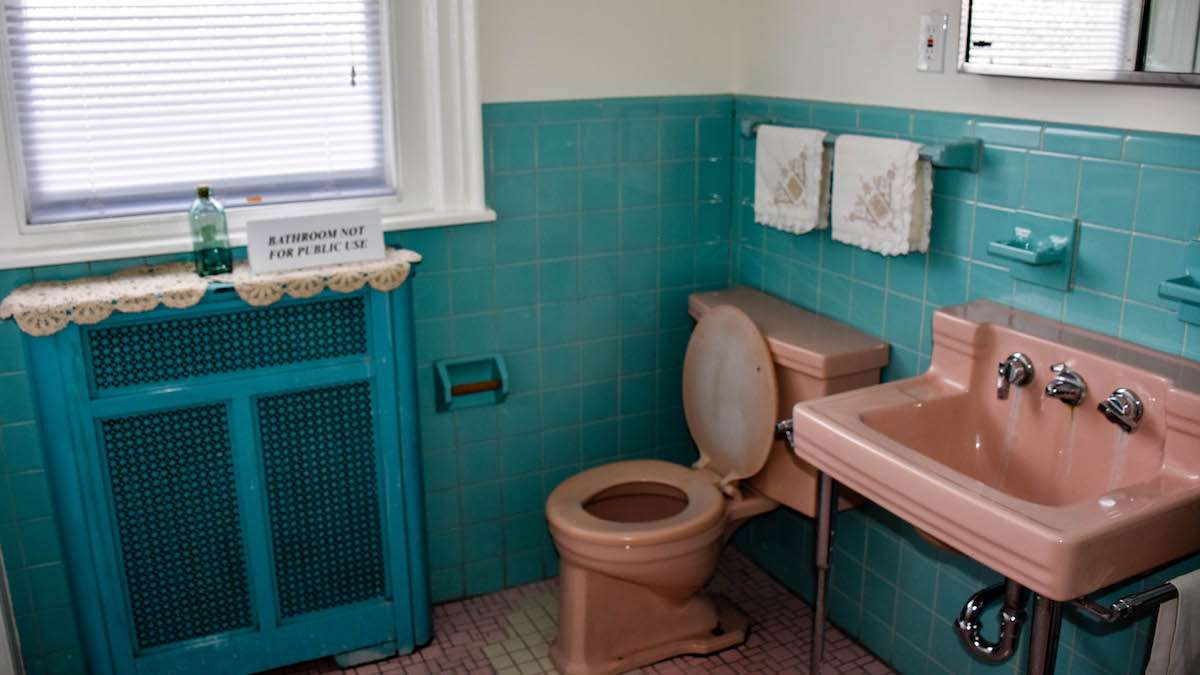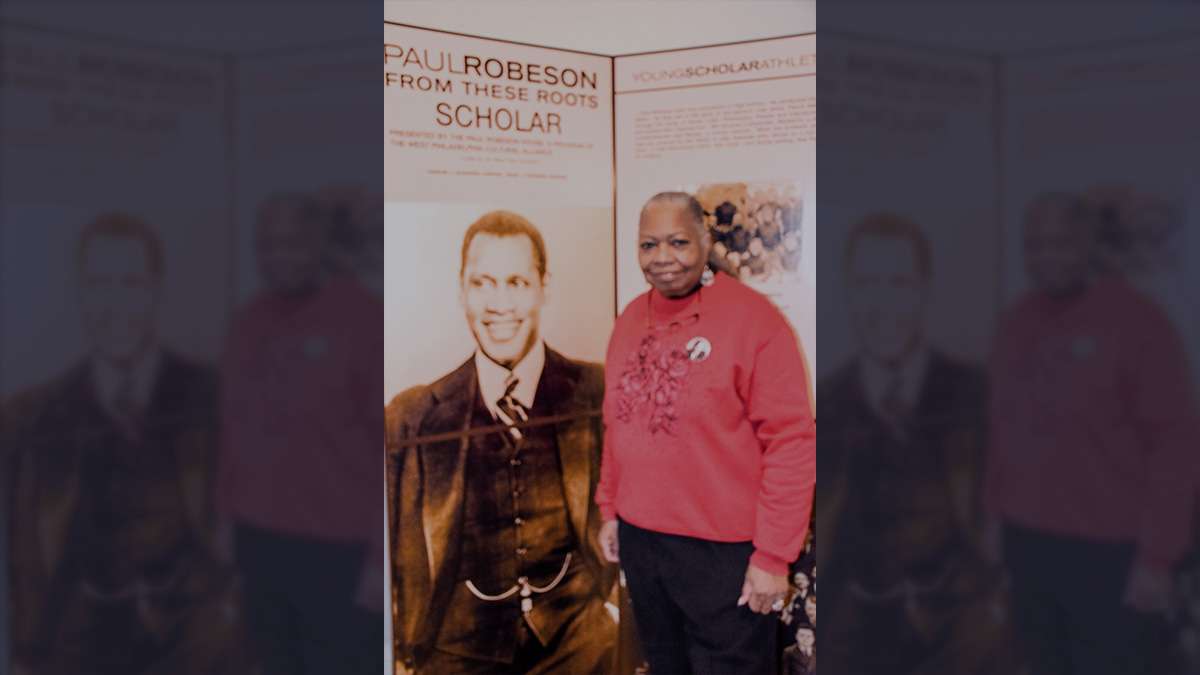West Philly’s Paul Robeson House endures after founder’s passing
The house where noted singer, actor and Civil Rights activist Paul Robeson lived his final years is getting a second chance after the founder passed away.
Born in Princeton, Robeson’s legacy goes beyond America’s borders.
He starred in productions such as The Emperor Jones and Othello. He was a stellar athlete, class valedictorian, and held a law degree from Colombia University. As an African-American in the early 1900s, achieving these accomplishments was nothing short of remarkable.
When news broke that the West Philadelphia house Robeson lived in was up for sale, Frances Aulston, founder and CEO of the West Philadelphia Cultural Alliance, purchased the house and turned it into what is now The Paul Robeson House.
After Aulston died in 2015, Vernoca Michael, took on the responsibility of preserving the landmark.
Michael, with the help of Sherry Howard, a blogger of “Auction Finds” expanded the mini-museum started by Aulston and curated the new exhibition “Experiencing Paul Robeson.” Michael’s aim is to document Robeson’s legacy and make his house a well-known historic landmark.
“My concept has been to bring in more information. I am interested in the X-generation and the millennials, in particular now, really hearing his message. He was the quintessential father of the Civil Rights Movement, and if you read his writings, they’re very appropriate for today with the Black Lives Matter.”
Bringing in more information was not an easy feat. Working with historian Joyce Moseley, Temple University’s Charles Blockson, and the Archive and Records Center at University of Pennsylvania, Michael intends to bring a fuller understanding of the Robeson family and legacy.
Michael has a personal connection to Robeson. Although Michael and Robeson are not blood relatives, Michael refers to Robeson as “Uncle Paul”.
“A lot of times, your best friends were the uncle and aunts to your children and that’s how I came to be known as the niece and for him to be my Uncle Paul.”
Michael wishes her “Uncle Paul’s” legacy were better known in the United States.
“He spoke out in terms of supporting unions and the underserved, deprived people. That was not what America wanted to be shared with the world. And so he was called before the [House Un-American Activities Committee,] his passport was taken away for eight years, which brought him from making one hundred and fifty thousand a day to three thousand dollars and less. And he was basically blackballed,” she said.
Michael is referring to the McCarthy era when Robeson was blacklisted after being labeled a communist by the American government.
In the new exhibition, visitors will see relics such as a replica of Robeson’s bedroom, records, instruments, and pictures. Currently, Michael is looking for volunteers to aid with the upkeep of the house and to help bring Robeson’s legacy to the youth.
You can learn more about Robeson on this page WHYY compiled for the 35th anniversary of his death.
WHYY is your source for fact-based, in-depth journalism and information. As a nonprofit organization, we rely on financial support from readers like you. Please give today.








